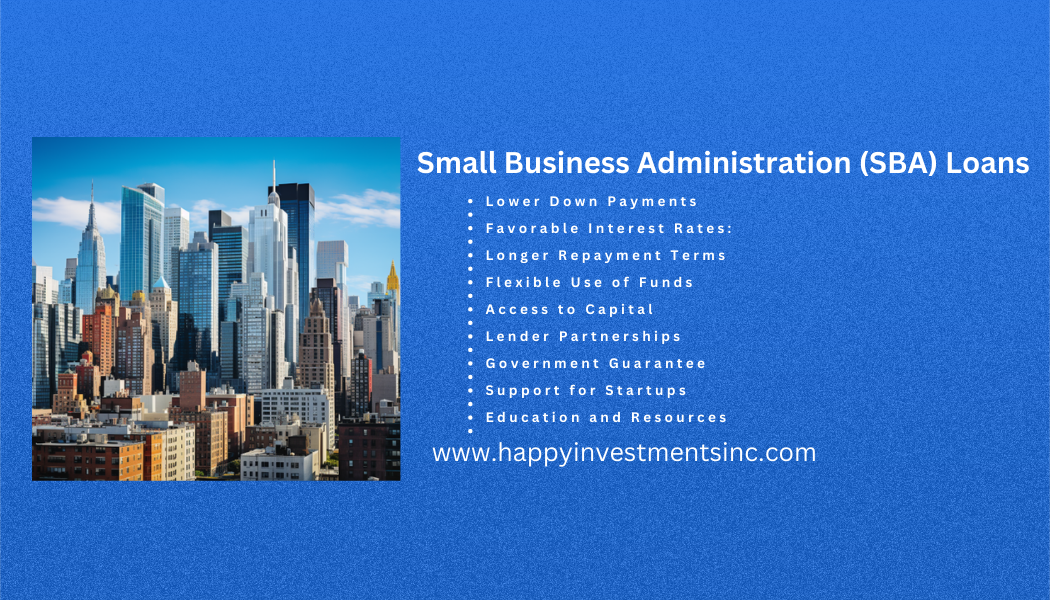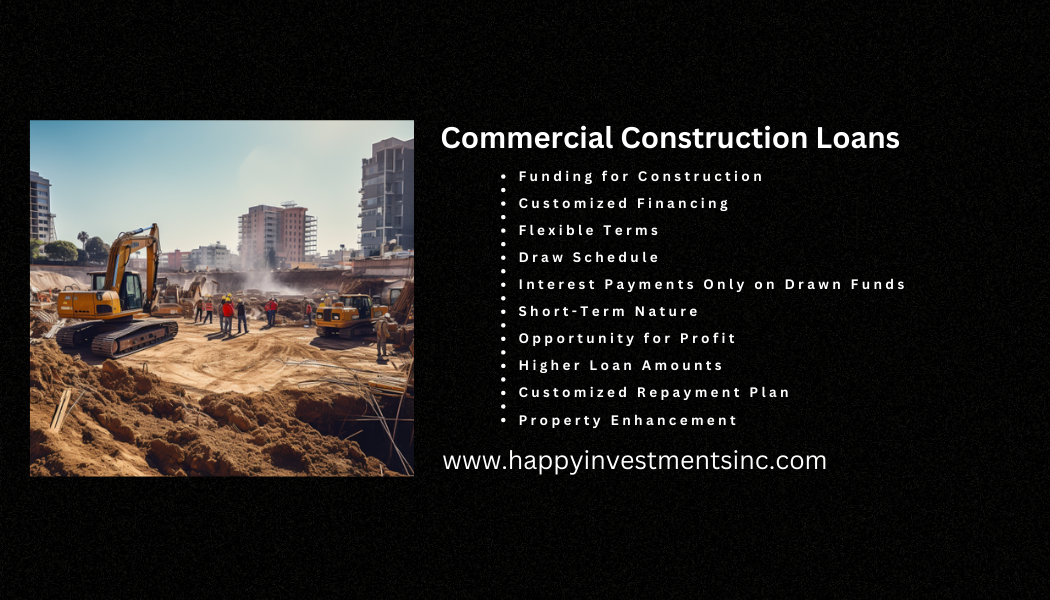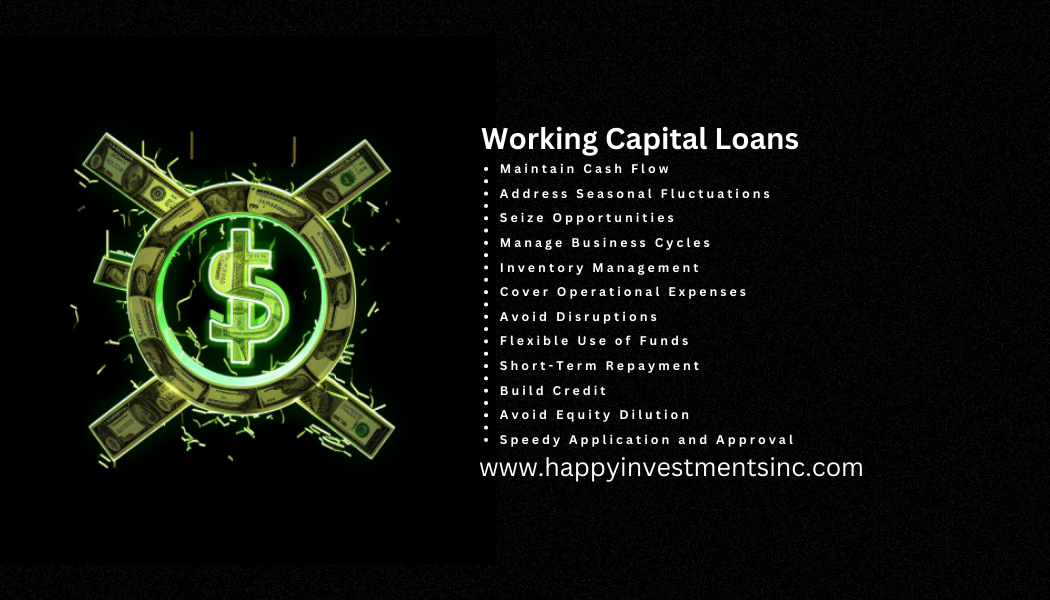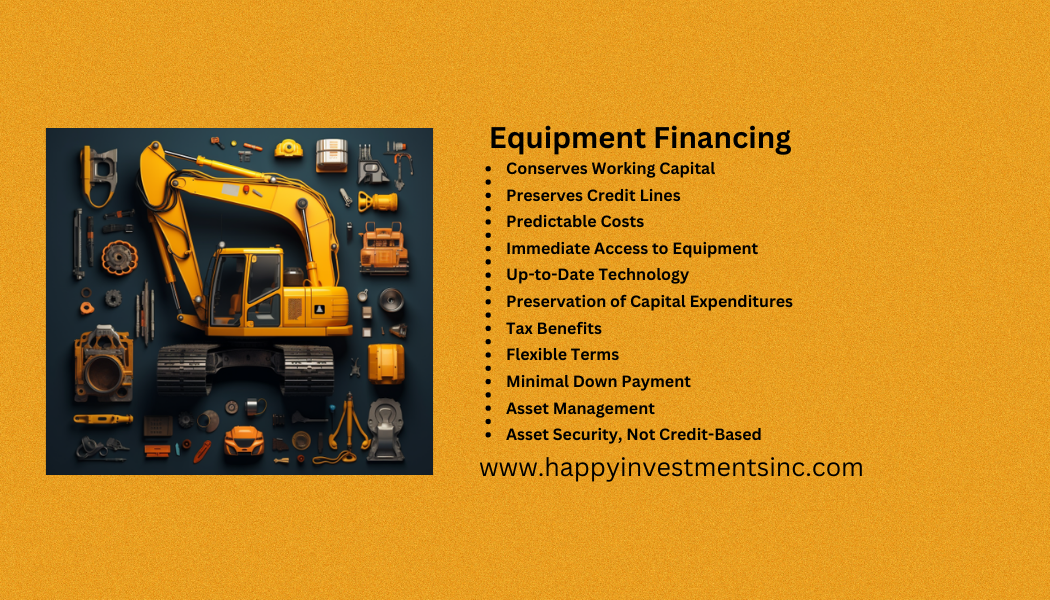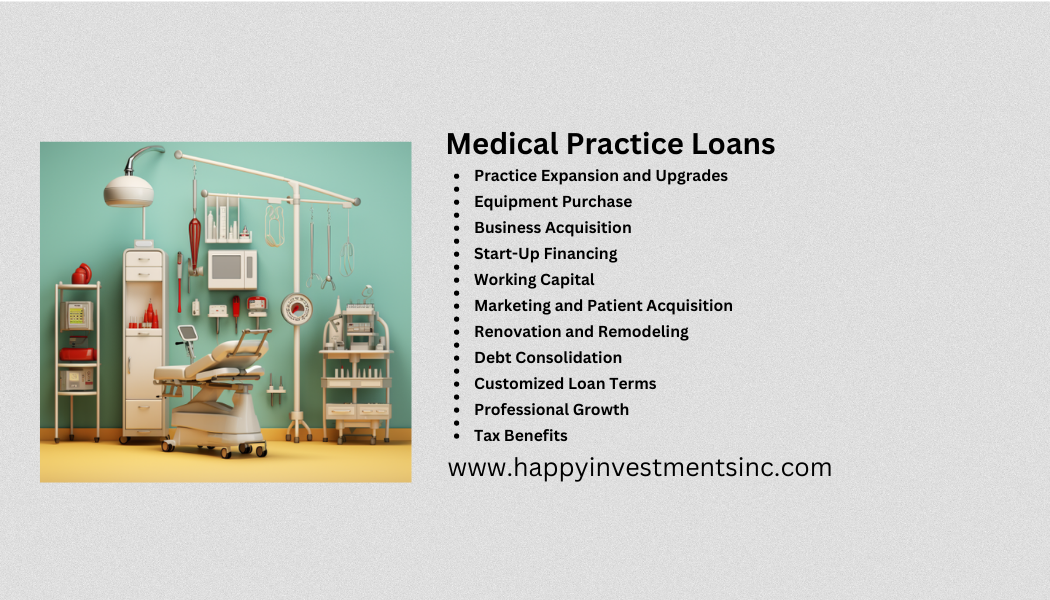 Commercial Real Estate Loans are monetary instruments developed to supply financing for numerous types of commercial property acquisitions, advancements, and restorations. These loans are normally secured by the property itself and are an essential resource for organizations and financiers seeking to expand or improve their property holdings. Various sorts of Commercial Real Estate Loans consist of
Commercial Real Estate Loans are monetary instruments developed to supply financing for numerous types of commercial property acquisitions, advancements, and restorations. These loans are normally secured by the property itself and are an essential resource for organizations and financiers seeking to expand or improve their property holdings. Various sorts of Commercial Real Estate Loans consist of
- Traditional Commercial Mortgages: These loans function similarly to residential home loans, where the customer receives a lump sum upfront and pays back the loan amount together with interest over a specified period. They are typically used for purchasing or refinancing homes such as office complexes, retail centers, and storage facilities.
- SBA 7( a) Loans: Offered by the Small Business Administration (SBA), these loans offer funding to small companies for genuine estate acquisitions, building, or refinancing. They often come with favorable terms and lower down payment requirements.
- Commercial Construction Loans: These loans are developed to money the building of new commercial residential or commercial properties or major remodelings of existing ones. The funds are disbursed in phases as the construction progresses.
- Bridge Loans: Bridge loans provide short-term financing to bridge the space between immediate financing needs and longer-term funding options. They are commonly utilized for time-sensitive deals or when a home requires renovations prior to it getting approved for long-term financing.
- Commercial Equity Loans: Also called equity credit lines, these loans enable property owners to tap into their home’s equity to fund numerous company needs, such as expansion, working capital, or improvements.
- CMBS Loans (Commercial Mortgage-Backed Securities): These loans involve product packaging a swimming pool of industrial realty loans into securities that are sold to financiers. The earnings created from the underlying loans serve as collateral for the securities.
- Hard Money Loans: These are short-term, high-interest loans frequently utilized by real estate investors for fast acquisitions or to profit from time-sensitive chances.
- Mezzanine Loans: Mezzanine funding sits in between senior debt and equity in a capital stack. It’s a method to secure extra funds using the property as security, often used for advancement jobs.
- HUD/FHA Loans: Provided by the U.S. Department of Housing and Urban Development (HUD), these loans provide financing for multifamily residential or commercial properties, health care facilities, and other kinds of business real estate projects.
- Owner-Occupied Commercial Real Estate Loans: These loans are customized for companies that intend to occupy most of the residential or commercial property they buy. They often feature beneficial terms and lower down payment requirements.
Each kind of Commercial Real Estate Loan serves different purposes and comes with varying terms, rates of interest, and eligibility requirements, allowing businesses and financiers to select the financing option that best lines up with their requirements and goals.




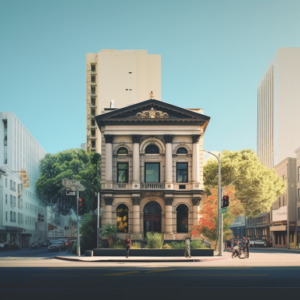 The Small Business Administration (SBA) loans are financial help programs provided by the United States government to support and promote the growth of small businesses. These loans are designed to supply budget-friendly funding options to business owners and small company owners who may have problems acquiring loans through traditional channels due to various reasons, such as limited collateral or credit rating. There are a number of kinds of SBA loans offered, each tailored to particular service needs:
The Small Business Administration (SBA) loans are financial help programs provided by the United States government to support and promote the growth of small businesses. These loans are designed to supply budget-friendly funding options to business owners and small company owners who may have problems acquiring loans through traditional channels due to various reasons, such as limited collateral or credit rating. There are a number of kinds of SBA loans offered, each tailored to particular service needs: Business loans are monetary arrangements where a lending institution supplies funds to a business entity to support its operational needs, growth, or other strategic initiatives. These loans play an essential role in helping with growth and maintaining capital for businesses. There are a number of kinds of service loans customized to numerous functions and debtor profiles:
Business loans are monetary arrangements where a lending institution supplies funds to a business entity to support its operational needs, growth, or other strategic initiatives. These loans play an essential role in helping with growth and maintaining capital for businesses. There are a number of kinds of service loans customized to numerous functions and debtor profiles:



